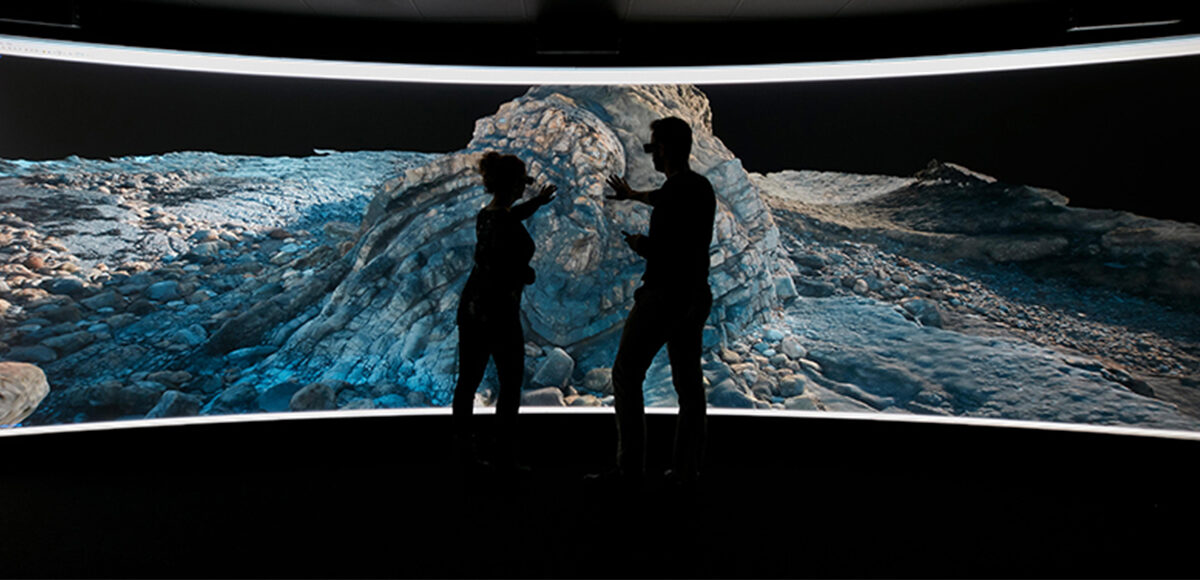One of the key purposes of a University is to share the research it engages in, and to ensure the purpose of that research is socially and economically beneficial. My conversation with Prof Garry Pender a few weeks ago discussed our substantial REF submission, the content of which lays out the impacts of our research, and why it is so important to us as an institution.
This week, I’m speaking to Laura Wicks, Public Engagement Lead for our University, we discuss why it is so important that we engage with our communities – both near and far – about our research, its purpose and impact. Not only do we want to drive debate and dialogue and inspire the next generations of researchers; we also want to demonstrate our commitment to the public good. And in doing so we also improve our research, by listening to what society needs and developing our research accordingly.
In recognition of this important element of our work, we have, once again, opened our PRIME Awards for nominations. This is the 10th year of these awards, with Heriot-Watt being one of the first universities in the UK to celebrate and recognise this vital link with public engagement. Applications are open in four categories: Pioneer, Established Academic, Partnership and, for the first time, Community. We have received a number of nominations already and I look forward to receiving many more.
Part of my conversation with Laura touched on the engagement opportunities for the future, and how we can harness the different ways we can develop and broaden our reach post the pandemic. During these periods of restrictions, we demonstrated that our engagement need not stop just because we couldn’t all be together. We have hosted successful online events and festivals which have connected with people who may not otherwise have come to a live event, thus breaking down barriers and providing a platform that can be internationally inclusive.
Another example is the Hutton Series of debates on Climate Change, which is about to see the fourth event take place on 20 April. Following the earlier debates which focused on the response from the Financial Sector and the Science and Technology sector, this event will focus on responses from concerned citizens as we work towards establishing 10 key priorities, innovations and actions to mitigate the climate crisis. Once again, this session will be hosted on Zoom, but will differ from the others in that it will run as a virtual roundtable with open discussion between a panel of 5-6 guests and will include live polling of the audience during the debate. Guests will be from different sectors and crucially, from different generations, including students from our Dubai campus who won the EEG Inter College Environmental Public Speaking Competition in 2020. You can register for the session here.
We will hear more about our Global Environmental Strategy – and how the Hutton Series fits into that – at the next All Staff Briefing on Monday 12 April. I hope to see many of you there.
Professor Richard A. Williams
Principal and Vice-Chancellor
